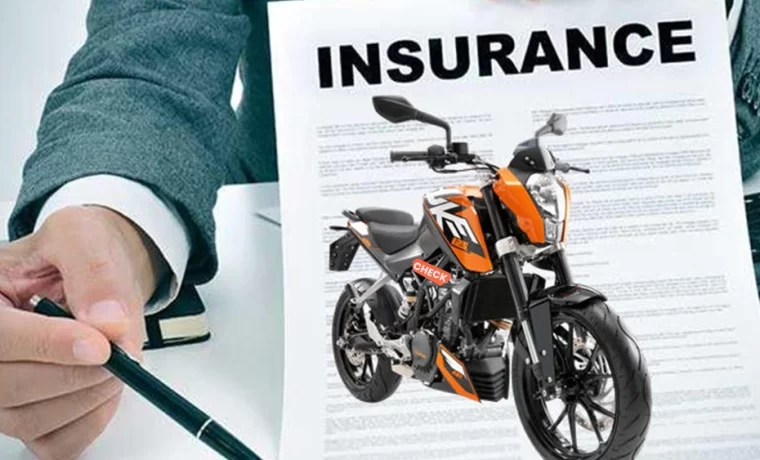You may be aware that by Indian traffic rules, you must buy motorcycle insurance. Still, many of you may need to know about such a policy’s specific coverages and features. Many of you get bike insurance online only to comply with the law without considering the actual level of protection you’ll receive.
You’re off-base here. You can only file a claim with your bike insurance company if you understand what is and isn’t included in your policy. Knowing what your bike insurance covers and does not cover is crucial.
Consider the following seven points before purchasing a new bike insurance policy:
- The primary consideration when choosing insurance is the coverage it provides. Bike insurance may be broken down into third-party liability and comprehensive. The sort of plan you choose will determine the extent of your coverage. Only obligations incurred by a third party are covered by third-party insurance. *
This implies that the plan will cover the costs associated with any legal action against you for causing harm to another person or their property. On the other hand, all-inclusive policies pay for both your losses and any responsibility you could incur in the event of an accident. In this way, their applicability is expanded.
- It protects you from natural and man-made disasters that might cause harm to your bike. Hence, the comprehensive coverage would pay for repairs to the bike if an earthquake, flood, lightning, explosion, etc., damaged it. The coverage would also pay for repairs if the bike was destroyed while transiting by train, bus, boat, or plane.
- if your motorcycle is stolen, your comprehensive coverage by the bajaj two-wheeler insurance app will compensate you for your losses. The insurer will pay out the policy’s Insured Declared Value for such claims. *
- Most policies include protection in the event of a personal accident:
Personal injury protection is standard in a full coverage and third-party plans. In the event of accidental passing away or incapacity, the policy will pay out a lump sum payout.
- There are restrictions on the amount of protection you can get:
There are restrictions on how much damage may be covered under a standard two-wheeler policy. Up to INR 7.5 lakhs is provided for property damage in the event of a third-party claim. With the passing away of a third person, however, no restrictions apply. The claim is contingent on the Motor Accident Claims Tribunal’s decision.
The policy’s Insured Declared Value serves as the limit of responsibility in the event of a claim for own damage. It doesn’t matter whether the actual cost to fix the vehicle is more than the IDV; claims beyond that amount will not be reimbursed. *
- The list of exclusions is nearly the same for all policies, whether purchasing new bike insurance or renewing two-wheeler insurance. Drunk driving, driving without a licence, intentional accidents, catastrophic damages, driving beyond India, etc., are all typically not covered. When buying two-wheeler insurance, check the app and see what is covered.
- If your policy has lapsed, you will no longer be covered:
Motorcycle and moped policies have limited durations. You must renew your coverage at the end of the term. It is important to remember that your two-wheeler insurance coverage will lapse unless you renew it before it lapses. When insurance lapses, protection ends. In the event of an accident and a subsequent claim, lapsed insurance will not pay anything. So, renewing your bike insurance online is crucial to ensure you always have access to protection.
When you buy motorcycle insurance, it is essential to understand what is and is not covered. Knowing the specifics of your coverage before filing a claim will help speed up the process.
*Standard T&C Apply
Insurance is the subject matter of solicitation. For more details on benefits, exclusions, limitations, terms, and conditions, please read the sales brochure/policy wording carefully before concluding a sale.
















